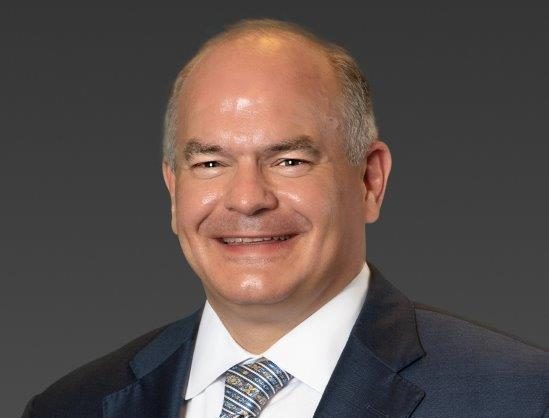Even if you’re juggling other financial goals, there are steps you can take to help you get back on track
You’re busy with your career, maybe buying a home, having kids, saving for college, starting a business―or taking planned or unplanned time off from work. It’s the stuff of life that may have taken a front seat—while retirement savings often takes a back seat to all of those immediate financial priorities. Suddenly, you’re hitting your 40s or 50s, and you realize you’ve fallen behind on planning for your future.
So how can you catch up? Debra Greenberg, director, Retirement & Personal Wealth Solutions, Bank of America, has the following suggestions—each of which can help you get closer to your retirement goals. “Don’t be discouraged,” Greenberg says. “Even seemingly small amounts can add up over the years, and taking action now helps to increase the likelihood you’ll be better prepared to meet any unexpected challenges that come your way.”
- Max Out
Max Out Your 401(k): Contribute enough so that you can take advantage of a full company match, if one is offered. For more information on contribution limits, consult your tax or financial advisor.
Roth IRA or Traditional IRA: Want to save more? If you’re married and not working but file a joint return, you may be able to contribute to an IRA even if you did not have taxable compensation—as long as your spouse did. Ask your tax advisor for details to determine if you are eligible. If applicable, additional catch-up contributions are allowed if you will be age 50 or older at any time during the year.
Health Savings Account (HSA): If you have a qualified high-deductible health plan, you may be able to contribute to an HSA, provided you do not have other disqualifying health coverage. And don’t forget to take advantage of any employer contributions. HSA funds can be used for qualified medical expenses, and if you are Medicare-eligible (age 65 or older) you may be able to pay Medicare premiums with tax-free distributions.
- Pay Off Costly Debt
Paying off high-interest credit card debt should be a priority. Doing so will give you more money to direct toward your retirement. Greenberg says: “A financial advisor can help you figure out how to manage competing financial needs while still saving for retirement.”
- 3. Work Longer
If you work past age 65, or consult as you phase into retirement, “that can potentially give your assets more time to grow before you start drawing upon them,” Greenberg notes. Working longer can help you defer Social Security. Each year you delay taking Social Security after full retirement age, your monthly benefits grow by 8% until age 70.
Downsize
By moving into a smaller home or to a different neighborhood, you may be able to:
- Reallocate equity you may have accumulated in your previous home.
- Reduce living costs like transportation, housing and maintenance bills.
- Lower your mortgage, or if you can buy a new place outright, eliminate your mortgage.
- Aim for potential tax advantages by relocating to a town with lower property taxes or to a state with no personal income tax.
- Invest for Growth
Many people tend to shift to more conservative investments as they near retirement; others simply have a conservative investing bias. But today’s longer life expectancies mean that your money has to last longer and work harder. “Talk to an advisor about adjusting your asset allocation to pursue more growth, without losing sight of your risk tolerance,” Greenberg says.
For more information, contact Merrill Lynch Financial Advisor Jeffery D. Price of Price & Associates office at [email protected] or (817)-410-4940.














 GIF.gif)



